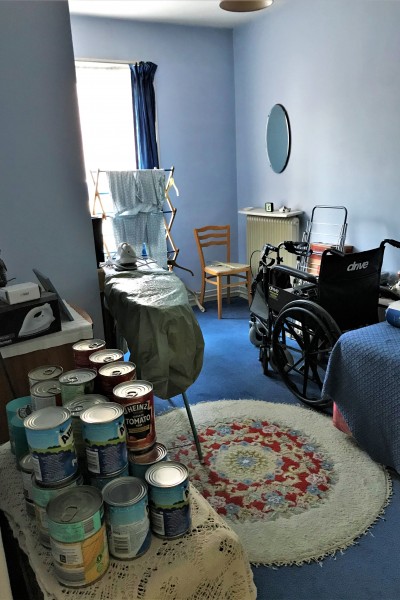During 2020-2021, Covid-19 lockdowns concentrated care and support within people’s homes. The closure of schools, day centres, shops and non-essential services, alongside prohibitions on household mixing, meant that caring work was more contained within households than in normal times. For reasons of health, age or physical frailty, a large number of adults needed support and care to be provided to them at home.
Volunteers, home care workers and carers have been directly engaged in the vitally important work of sustaining people through the crisis, keeping them safe at home by ensuring some of their essential needs (for food, medicines) were met. Many were also providing company and comfort as well as specialist care to people isolated at home. They did this in different ways depending on their role – in person, with PPE, over the phone, or at a safe two meters distance from the front door.
What the study aims to do
Led by Dr Rosie Read and funded by the British Academy, this qualitative study aims to develop in depth understanding of how carers, volunteers and home care workers experienced giving care and support to people at home during the pandemic.
It also considers the wider social and structural contexts which shape these experiences, by examining local government, adult social care and voluntary and community sector responses to pandemic. The project focuses on the areas of Bournemouth, Christchurch, Poole (BCP) and Dorset in south-west England.






